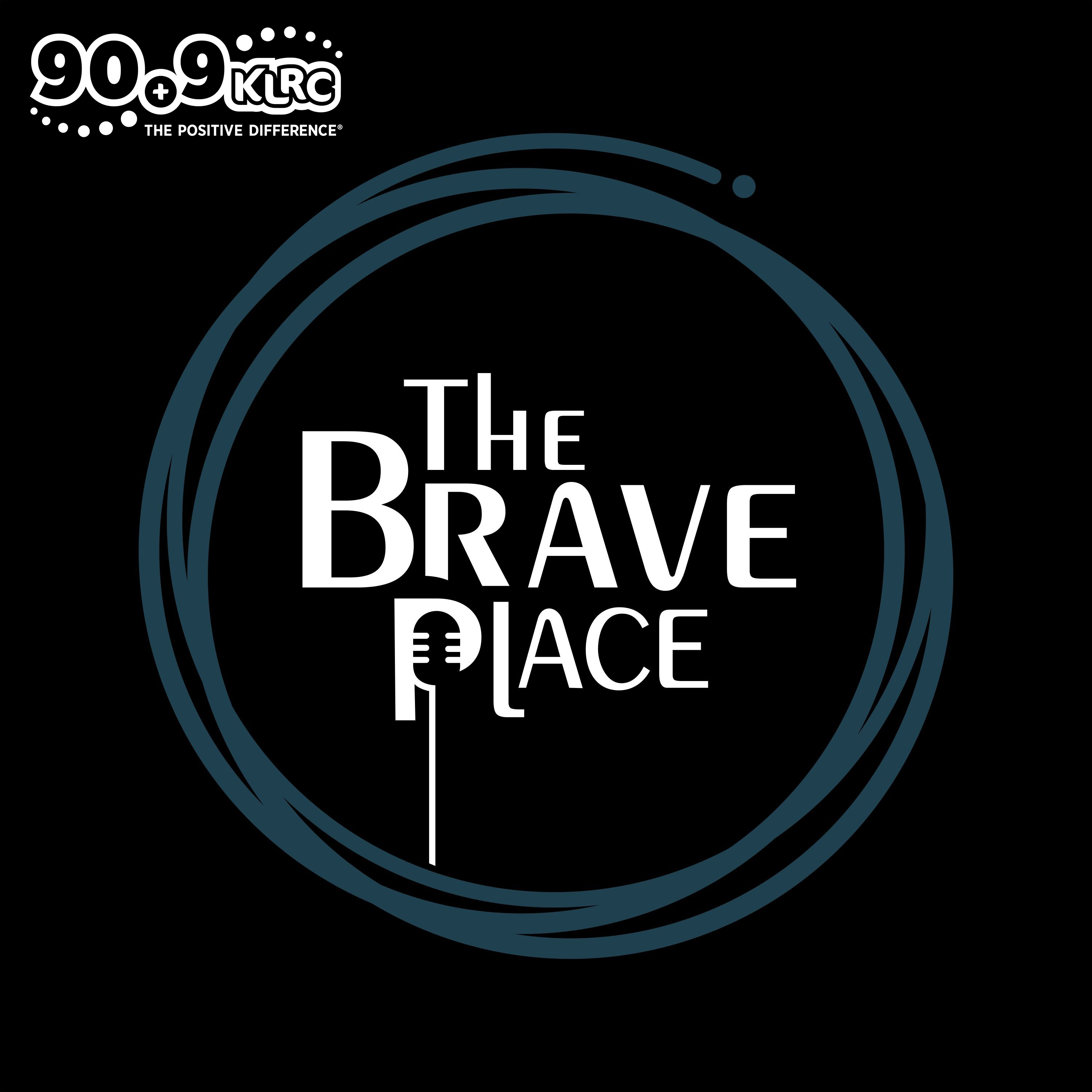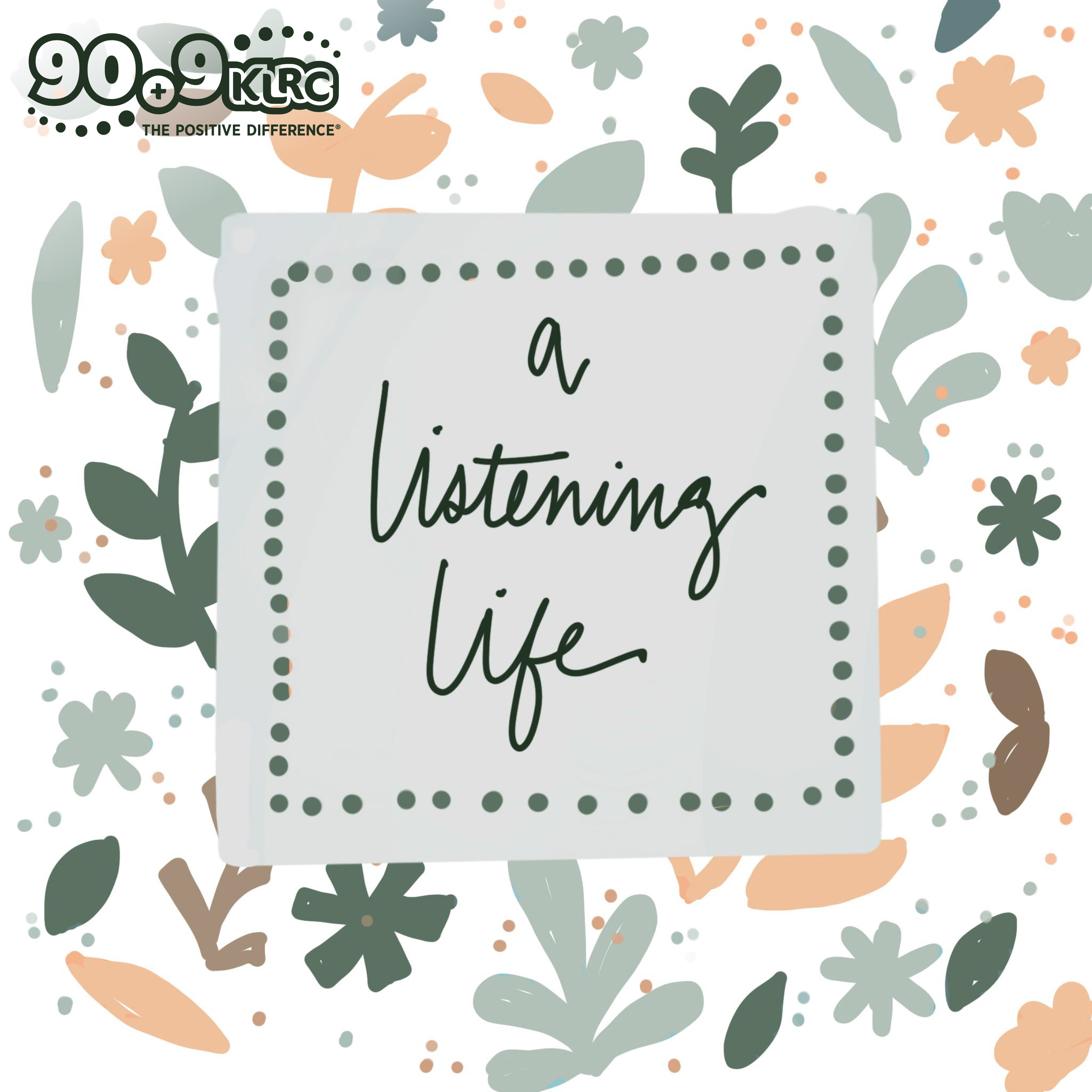

In regard to racial reconciliation, people often ask me, “James, what are we supposed to do?”
For reconciliation to begin, the first and most important step is to listen and empathize with another person’s experience that is different than yours. If we cannot connect with each other’s experiences, then we cannot be a part of each other’s healing. Reconciliation will require all parties to experience some sense of discomfort
as we listen and connect with each other’s story.
Second, we must be willing to get close and live "life-on-life." As we experience each other on more personal and intimate levels, it becomes harder for Satan to drive a wedge of discord between us because we have forged a real bond that transcends politics, ethnicity, and gender.
Finally, we must realize reconciliation is a life-long journey of fellowship in the Spirit. We must be committed to an ongoing and intentional work of addressing the wrongs from our past that are still affecting us today. We must do it together, as the body of Christ, because there is healing in our unity, but there is real pain in our discord.
The task is complicated, but as C.S. Lewis stated, "You can’t go back and change the beginning, but you can start where you are and change the ending."





